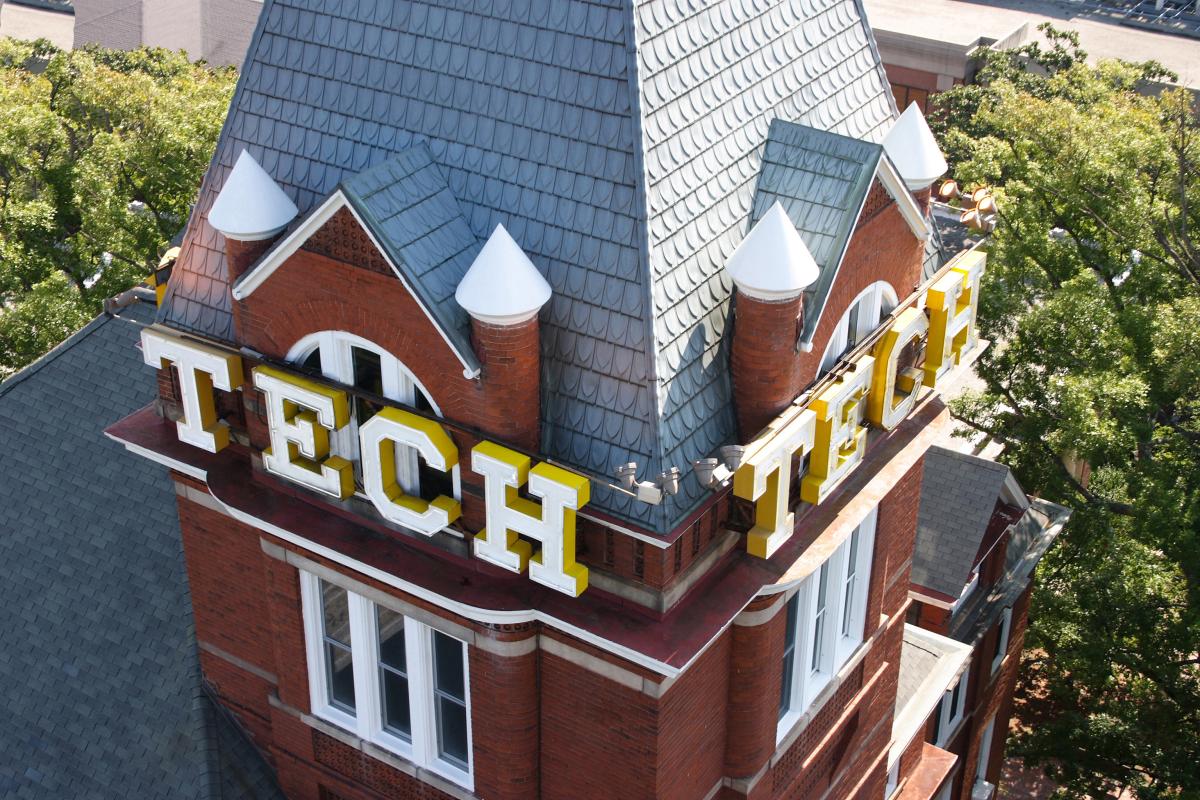Georgia Tech researchers won more CAREER awards than any other college or university

Last year, 17 Georgia Tech professors and researchers were granted CAREER awards – more than those at any other college or university in the country.
Nine researchers in the College of Engineering were awarded these Faculty Early Career Development (CAREER) awards from the National Science Foundation. This prestigious award recognizes achievements already made as well as future potential in faculty who are just beginning their careers and who are sure to contribute greatly to the fields of science, computing, and engineering.
While Georgia Tech is not the largest university in the country or the highest-ranked, the fact that so many faculty members were granted CAREER awards is an indication of certain future growth. As these young researchers mature and continue to make an impact, the reputation of Georgia Tech as a source of groundbreaking discoveries as well as brilliant engineers is sure to grow.
“Georgia Tech’s faculty’s successes in winning CAREER awards is a clear signal that Tech is hiring the future leaders in their respective fields and providing an environment that enables them to grow and succeed,” says Kimberly Kurtis, the associate dean for faculty development and scholarship.
These researchers are also teachers, and all have joined Georgia Tech staff in the last few years. Their expertise spans a wide range of engineering disciplines, including systems, chemical, electrical, civil, and mechanical engineering.
Their topics of research vary just as widely. One assistant professor of mechanical engineering, Jonathan Rogers, was awarded for his proposal titled “Causation in Dynamical Systems: Bridging the Gap Between Data Analytics and System Identification.” It explores how developments in data analysis tools are helping to change the system identification algorithms for large and complex problems.
All projects have educational benefits to students at Georgia Tech, since professors intend to include undergraduate and graduate students in their research endeavors. However, some professors use the grant proposals for teaching specifically by asking for resources to provide undergraduates with hands-on learning and research experiences.
Chloe Arson, an associate professor of civil engineering, received her grant for a proposal titled “Multiphysics Damage and Healing of Rocks for Performance Enhancement of Geo-Storage Systems - A Bottom-Up Research and Education Approach.” The money granted to Arson will help her to conduct research and educational activities to give students a more complete image of microscopic theories of rock fracture fragmentation and the ability to assess the environmental impact of things like energy geotechnologies.
Still more faculty members intend to create programs that will educate underrepresented groups of students. Asegun Henry wants to recruit African-American and women undergraduates, high school music teachers and high school students for a summer program that will help them create an app and provide an innovative new way for students to learn chemistry: through the sonification of every element on the periodic table. His proposal was titled “Engineering Heat Conduction through Alloys and Surfaces.”
The principal investigators in engineering fields at Georgia Tech that were recognized were Guangui Lan, Alejandro Toriello, Nga Lee Ng, Jonathan Rogers, Shuman Xia, Alenka Zajic, Chloe Arson, Phanish Suryanarayana, and Asegun Henry.
Kurtis says that winning one of these awards opens many doors for young faculty at Georgia Tech, because the money granted provides a foundation for the impact they are sure to make during their time at the Institute.
The grants came in amounts up to $500,000 in order to allow faculty to continue their research. Some awards are ongoing, and will continue to benefit the researchers and the school for as late as 2022.